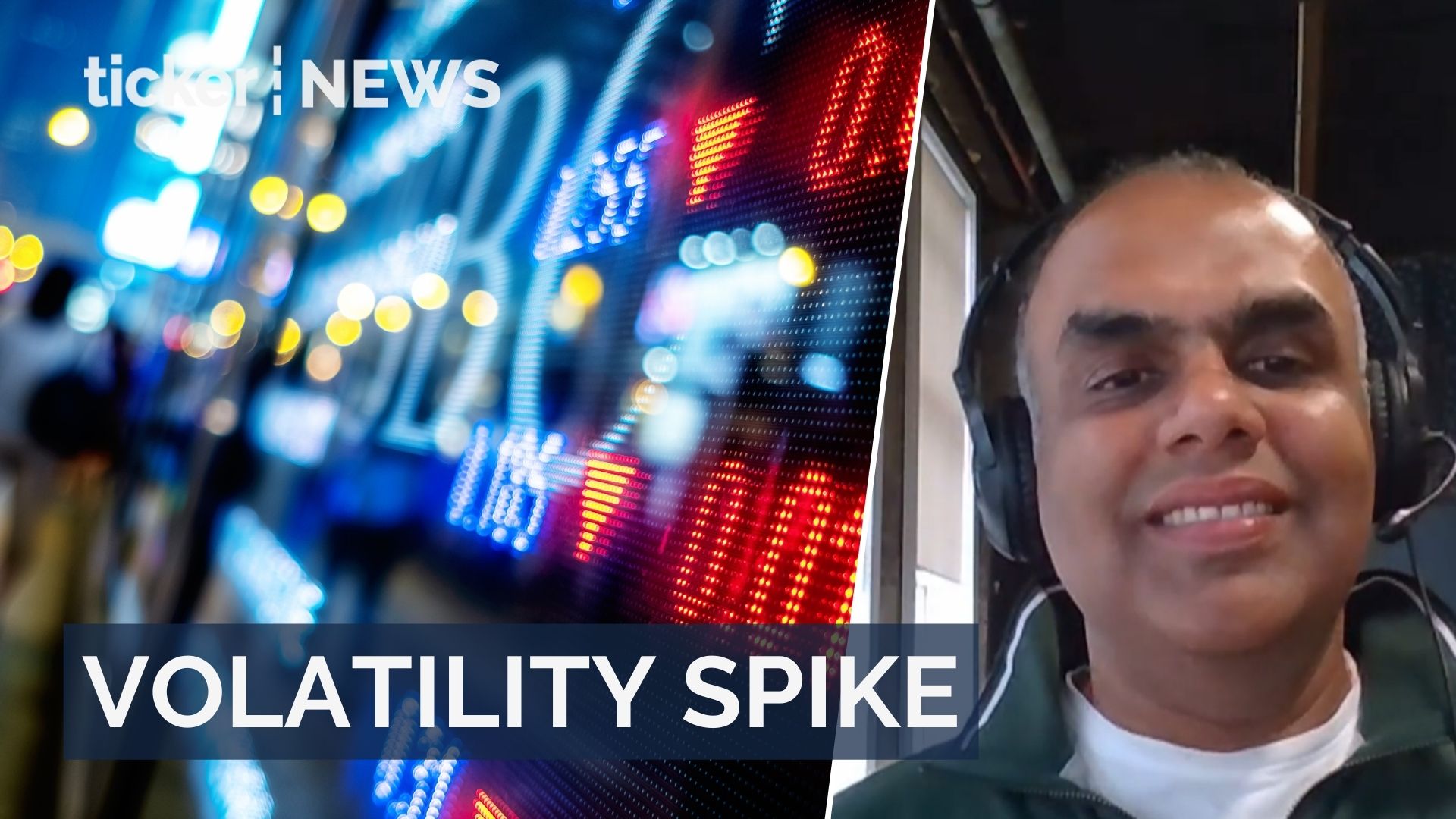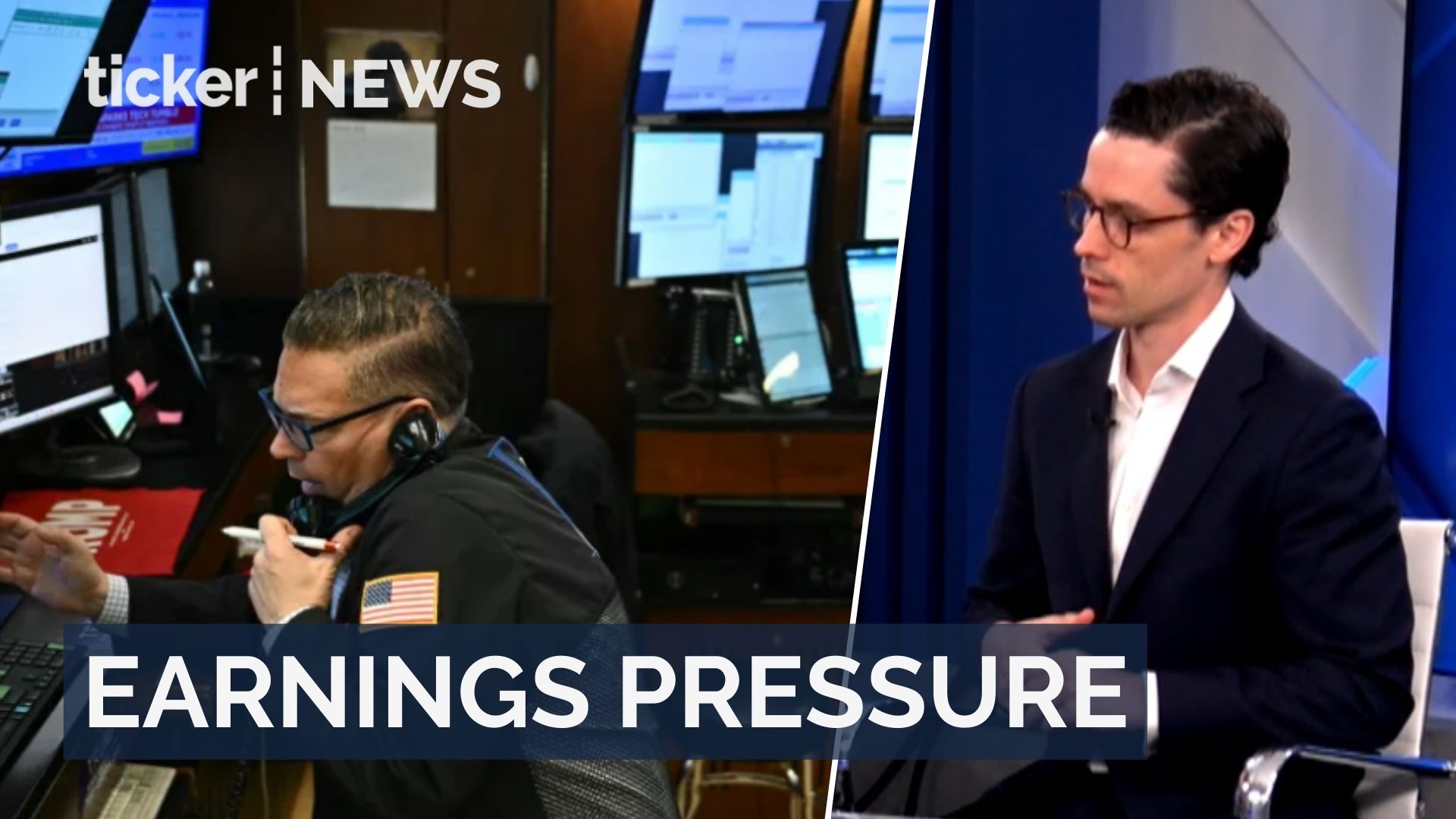Money
U.S President to raise cyber security with Putin
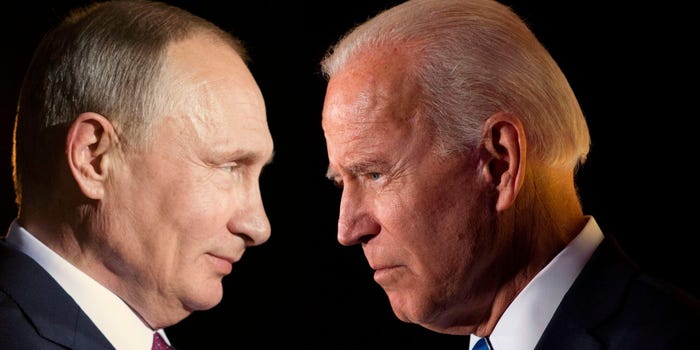
Money
U.S. stocks falling amid AI worries and weak earnings
U.S. stocks decline amid AI concerns, defensive sectors rising; traders eye commodities, jobs data, and currency trends for insights.
Money
Wall Street tumbles as tech stocks face AI disruption fears
Wall Street falters as tech stocks dive amid AI anxieties; 2026 seen as critical for proving AI investment returns.
Money
U.S. jobs report, Fed decisions, and Japan’s economic risks explained
January US jobs report sparks uncertainty; analysts debate impact on Federal Reserve policy and market confidence.
-



 Ticker Views5 days ago
Ticker Views5 days agoIsraeli President Herzog visits Australia amid rising antisemitism
-



 Ticker Views3 days ago
Ticker Views3 days agoLunar Gateway faces delays and funding debate amid Artemis ambitions
-



 Tech5 days ago
Tech5 days agoClaude AI is transforming software engineering and productivity
-



 News24 hours ago
News24 hours agoRussia bans WhatsApp and promotes state-backed messaging app
-



 Ticker Views3 days ago
Ticker Views3 days agoSouth Korea introduces AI job protection legislation
-

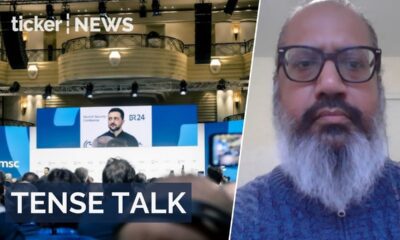

 Ticker Views4 days ago
Ticker Views4 days agoU.S. ambassador responds to NATO criticism at Munich Security Conference
-

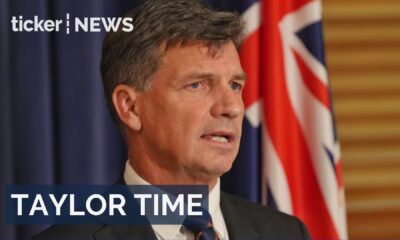

 News1 day ago
News1 day agoAngus Taylor elected Liberal leader after decisive ballot victory
-

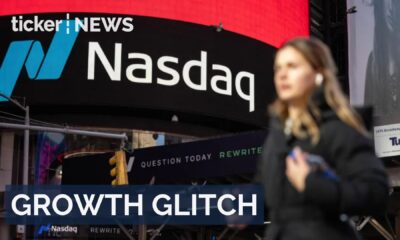

 Money5 days ago
Money5 days agoTech stocks slide as investors rotate into small-cap and value plays



